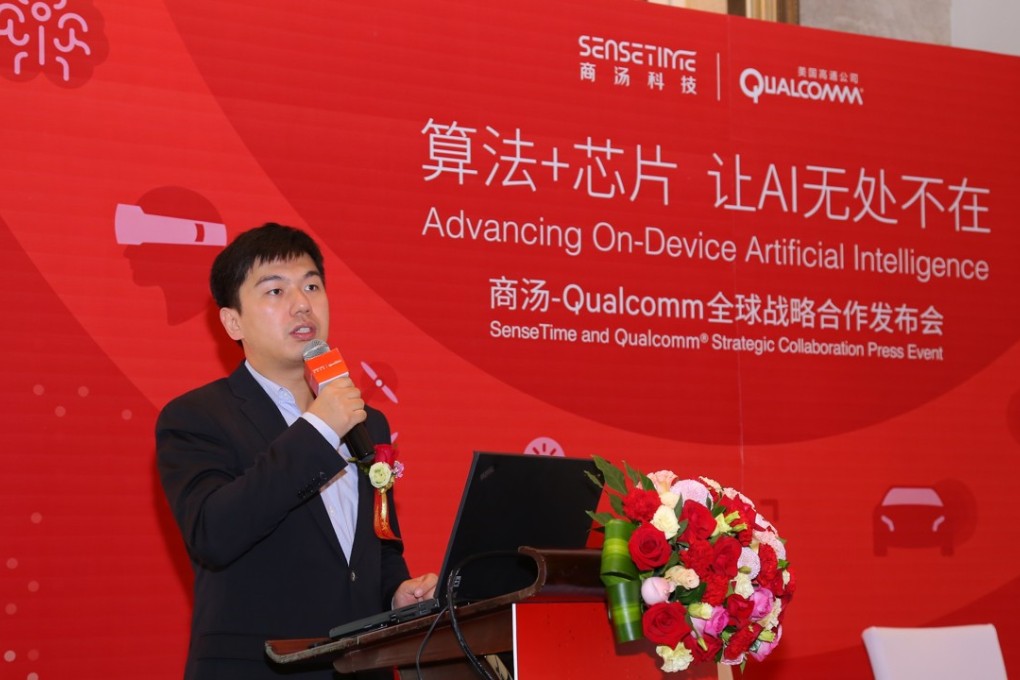China’s SenseTime expands digital frontier from facial recognition into AR and autonomous driving
SenseTime is expanding geographically and into new areas as demand for AI solutions grows

SenseTime, the world’s most valuable artificial intelligence (AI) start-up that counts Alibaba and Qualcomm among its investors, is branching out into autonomous driving and augmented reality (AR).
The expansion fits with its goal to grow into a “platform company” for AI technologies amid a national drive towards supremacy in innovation, said SenseTime co-founder Xu Bing at a conference in Hangzhou, in a transcript verified by the company.
“Our leading algorithms for facial recognition have already proven a big success,” said Xu, “and now comes [new technologies for] autonomous driving, which enable machines to recognise images both inside and outside cars, and an augmented reality engine, integrating know-how in reading facial expressions and body movement.”
While virtual reality creates an immersive, computer-generated environment that is artificial, augmented reality integrates digital information into the user’s existing environment in real time.
Known for providing AI-powered surveillance software for China’s police, SenseTime said it achieved profitability last year on the back of selling AI-powered applications for smart cities, surveillance, smartphones, internet entertainment, finance, retail and other industries. The company is also expanding geographically, announcing last week it had signed separate deals with Singapore Telecommunications (Singtel), Nanyang Technological University and the National Supercomputing Centre in Singapore to do advanced research and develop AI-based solutions in the country and other member-economies of the Association of Southeast Asian Nations (Asean).